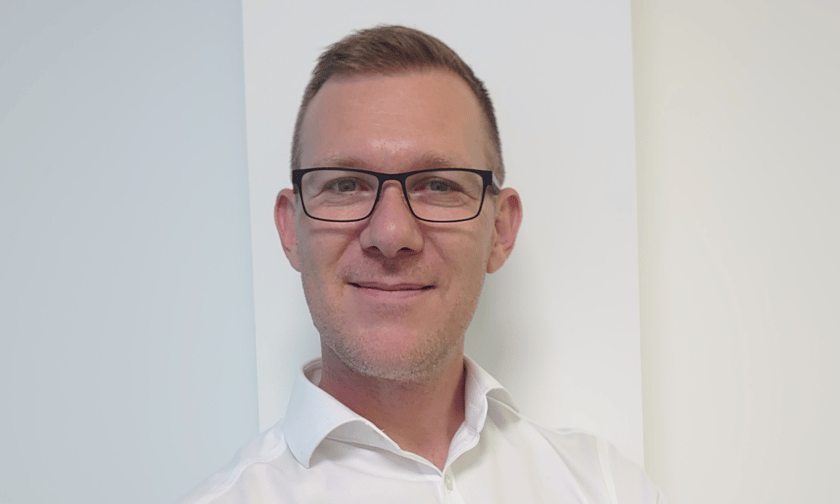

In a discussion with Insurance Business at the 2024 Airmic Conference, Ray noted that, as somebody who relishes problem-solving, it’s a natural fit to serve a market that requires a solution-oriented approach to untangle the complex knot of risks impacting clients today. At QBE, he said, client-centricity is prized as a true differentiator of an insurer’s value proposition as it allows you to develop solutions that are tailored to clients’ needs and priorities.
“And the world is changing all the time,” he said. “There’s so much that we have to remember and so much that clients may not even realise has changed. When programs are renewed, it’s not always a rinse and repeat of last year because the regulations may have changed and there might be outstanding actions that now need to be taken.
“For example, that could be a new KYC form or new AML documentation, and clients may not necessarily know about them. So, for us, it’s all about keeping on top of those changes and making sure that we deliver for what’s important for each particular client.”
Ray highlighted that further compounding the variety of external and internal pressures impacting multinational businesses is the increased interconnectivity of these risks. His team works with a broad range of clients, he said, and each of them has its own unique risk profile, but there are some shared areas of concern among these large global programs.
The emerging spectre of climate change is one such example, he said, as there is a lot of concern in the market about catastrophe risks. Something QBE is especially good at is loss scenario planning, where it workshops hypothetical catastrophe scenarios with them to see how the policy wording would respond and whether it’s adequate for each specific loss scenario.
“So, we establish whether your sub-limits are adequate,” he said. “We go through what would happen in the event of a loss, who the key players involved are, what the claims adjuster would do, what the claims handler would do, and what your responsibility would be as the client. All of that work has proved really insightful from the feedback we’ve had from clients. It gives our clients a lot more peace of mind that, should the worst happen, their policy wording will respond.”
In an uncertain risk environment, clients are looking for solutions able to offer them some certainty, he said, and it has been interesting to see the changing demand for greater risk management solutions as a result. Broadly speaking, clients now tend to be more up to speed and engaged with some of the risk prevention measures that make their businesses a better risk, and also of their own responsibilities.
“I also think they’re a lot more willing to partner with insurers and risk engineers to find a mutual solution,” he said. “A lot of the time, it’s about finding the right balance between premiums and risk and deductibles. So, we’re always looking to work with them to find that right balance and deliver the ideal solution that works for them and is tailored to their needs.
“I do think people are more aware of risk now, just because of how volatile the world is at the moment. There’s no room for complacency and everybody has to play their part. And I think that approach is really showcasing the value of insurance and having experts in the market who can signpost what’s happening and the value we can provide in mitigating the risks our clients face.”
Looking at his agenda for the year ahead, Ray shared that the focus for his team is on ensuring they are as efficient as possible so they can be as joined as possible when partnering and aligning with its brokers and clients. It’s about creating one point of contact, he said, and keeping that line of communication open and accessible at all times in the interest of full transparency.
“It’s an approach that’s resonating with our brokers,” he said. “I’ve had a number of broker meetings since I started and they seem to be very willing to partner with us on this. And I see that they’re very keen to leverage some of the initiatives that we have in place to the benefit of their clients – to make sure the tripartite agreement at the heart of insurance is really working for everyone.”
